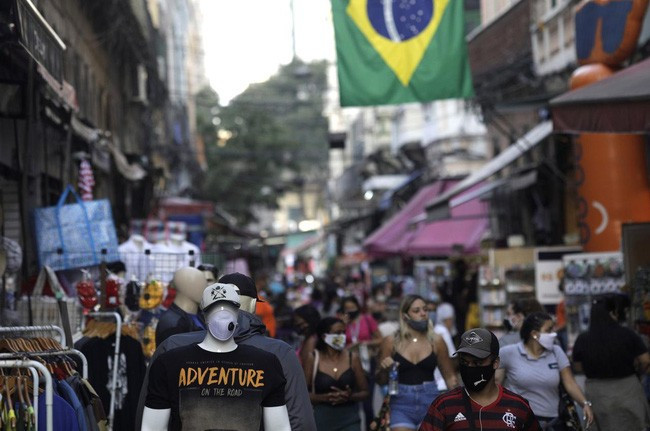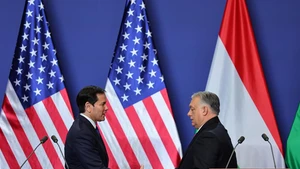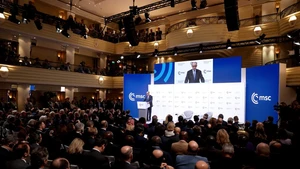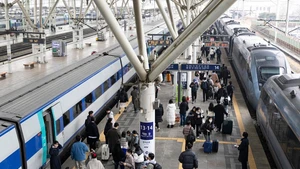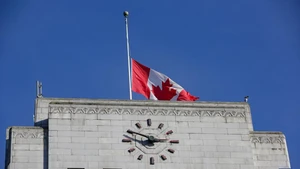The Argentinian National Institute of Statistics and Census (INDEC) expressed concern when the consumer price index (CPI) in this South American country in April increased by 8.4% compared to the previous month, representing a year-on-year increase of 108.8% – the highest level in more than 30 years.
According to the INDEC, inflation in the third largest economy in Latin America is continuing its strong upward trend. In March 2023, the inflation rate in Argentina was recorded at 7.7%, up from 6% and 6.6% in January and February respectively. In April, the commodity sectors experienced high price growth in this South American country includes clothing and footwear, up by 10.8%; food and beverage, up 10.1%; and restaurants and hotels, up 9.9%.
The rise in the consumer price index in April exceeded the forecast of less than 7.2% of the Central Bank of Argentina (BCRA). According to economic consultants, inflation in Latin America's third-largest economy this year will increase to 126.4%.
Argentina is going through a difficult macroeconomic period due to the impact of severe drought on the agricultural and livestock sectors, which is strongly affecting agricultural exports, the largest source of foreign currency for the South American country. The International Monetary Fund (IMF) recently forecast Argentina's Gross Domestic Product (GDP) will grow by only 0.2% in 2023. Meanwhile, many financial consulting firms are more pessimistic, predicting that Latin America's third-largest economy will record negative growth this year.
Meanwhile, in Argentina's neighbour Brazil, the inflation rate remains high despite recording a decline for nearly a year. The Brazilian Institute of Geography and Statistics (IBGE) has released data showing that the largest economy in Latin America in April 2023 recorded deflation for the 10th consecutive month.
In the past month, the consumer price index in Brazil, the largest country by area in South America, has decreased by 0.1% from the previous month, but inflation in the past 12 months has remained at a high level of 4.18%.
Therefore, analysts believe the Central Bank of Brazil (BCB) will not be in a hurry to start the rate-cutting cycle. Last week, the BCB decided to keep the base rate unchanged for the 6th time in a row despite the government's constant push to lower interest rates.
In September 2022, BCB decided to keep the basic interest rate unchanged at 13.75%, after 12 consecutive interest rate hikes. This is the highest interest rate in Brazil since January 2017. Since taking office in January this year, Brazilian President Luiz Inacio Lula da Silva has repeatedly affirmed that the 13.75% interest rate has had a negative impact on Latin America's largest economy, especially for businesses and the labour market.
The Brazilian government is concerned about an economic recession in the medium term, after GDP contracted by 0.2% in the last quarter of 2022. Economists forecast Brazil will end 2023 with inflation in level of 5.95%, higher than the target ceiling of 4.75%. If this forecast comes true, inflation in Latin America's No.1 economy will exceed the target ceiling for the third year in a row.
BCB decided to maintain high interest rates because inflation is likely to rise again. The bank emphasised that the external environment is still risky, especially in the context that the global financial system has not yet recovered from the consequences of the crisis of Credit Suisse of Switzerland. Meanwhile, BCB still needs to carry out the basic task of ensuring stable domestic consumer prices.
BCB's decision to keep interest rates unchanged was in line with the expectations of economists. Financial consulting firms in Brazil believe that BCB will only start lowering interest rates in the second half of this year, with the basic interest rate standing at 12.5% in December 2023. According to Infinity Asset, with the current reference interest rate, Brazil is ranked as the country with the highest real interest rates in the world.
